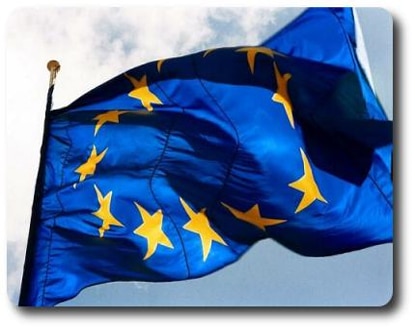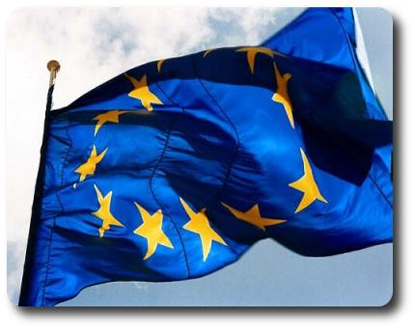At the initiative of the International Cooperation for Development and Solidarity (Cidse), which brings together the main Catholic development agencies (including CCFD-Terre Solidaire), 17 bishops from 13 countries in both the Northern and Southern Hemispheres are calling on the European Union to “advance international standards on transparency”.
 “The greed of a few threatens the very survival of the most vulnerable populations,” write these bishops, among them Bishop Yves Boivineau of Annecy, and Bishop Jean-Luc Brunin of Le Havre, in this text. To end it, it is important to establish new rules to ensure that the wealth produced, particularly from the exploitation of natural resources, is not monopolized solely for the benefit of a minority.”
“The greed of a few threatens the very survival of the most vulnerable populations,” write these bishops, among them Bishop Yves Boivineau of Annecy, and Bishop Jean-Luc Brunin of Le Havre, in this text. To end it, it is important to establish new rules to ensure that the wealth produced, particularly from the exploitation of natural resources, is not monopolized solely for the benefit of a minority.”
“This wealth must benefit everyone equitably and in particular the local populations who are directly affected by production and/or extraction activities,” assert the bishops, who commend the Extractive Industries Transparency Initiative (EITI), designed to ensure transparency in payments by extractive industries to governments, to which the churches have actively participated.
Tax evasion costs developing countries 125 billion euros per year
“It is now time to go further, with the implementation of ambitious and binding rules to promote transparency of all actors in the extractive sector in all countries,” state the bishops, citing the example of the Dodd-Frank law, adopted in July 2010 in the United States, which requires publicly traded companies on the American stock market to publish their payments to the host countries of their activities.
For the bishops, the ball is now in the court of the European Union, with a financial transparency rule having been proposed by the European Commission. “If these measures are effectively implemented, they will provide more opportunities for citizens to verify if the extractive industries are making a fair contribution to the national economy,” they explain. They are asking the EU to “ensure that the threshold for disclosure of payments by extractive companies is set at a significant level for developing countries.”
“This would be, they explain, a strong incentive to counter multinational tax evasion that deprives developing countries of nearly 125 billion euros each year. It will also encourage governments to ensure that exploitation agreements are in the interest of the populations.”



